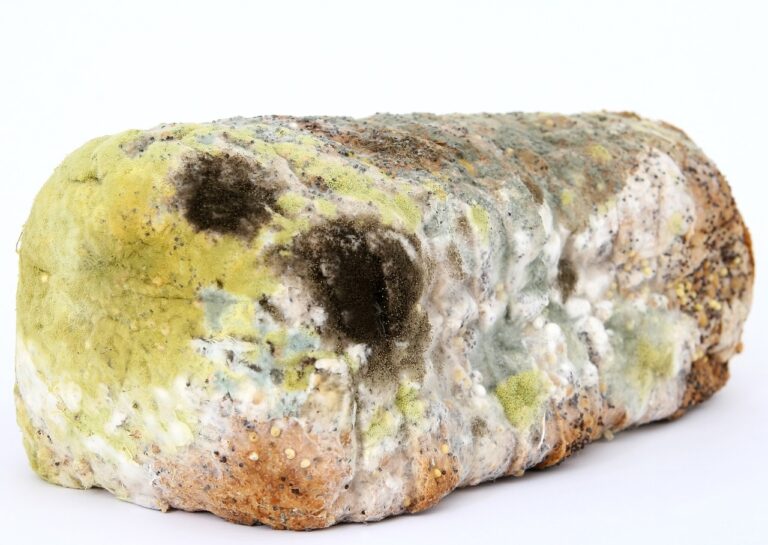The Ethics of Assisted Reproductive Technology
When considering the use of donor gametes in assisted reproductive technology (ART), ethical dilemmas often arise. One of the main concerns is the issue of informed consent, particularly regarding the rights of the donor-conceived individual to know their genetic origins. This raises questions about the right to know one’s biological heritage and the potential psychological impact of not having access to this information.
Furthermore, concerns also revolve around the commercialization of donor gametes, with critics questioning whether the financial aspect of gamete donation undermines the altruistic nature of the act. This raises issues of exploitation, particularly when donors are compensated for their gametes. Critics argue that such financial incentives may unduly influence donors and compromise the autonomy of their decision-making process.
The impact of ART on traditional family structures
As assisted reproductive technologies (ART) continue to advance, traditional family structures are being redefined. The use of donor gametes, surrogacy, and other ART methods has provided alternative pathways to parenthood for individuals and couples who may not have been able to conceive otherwise. These advancements have led to an increased acceptance and normalization of diverse family configurations beyond the conventional nuclear family unit.
The evolving landscape of family structures in the context of ART raises important questions about social norms, legal frameworks, and ethical considerations. Issues such as genetic origins, parental rights, and the well-being of children born through ART are at the forefront of discussions surrounding the impact of these technologies on traditional family dynamics. As society grapples with these complexities, it is essential to consider the diverse experiences and perspectives of individuals and families who navigate the intersection of ART and traditional family structures.
What are some ethical considerations to keep in mind when using donor gametes in ART?
Some ethical considerations to consider include the rights of the donor and any potential offspring, issues of consent and privacy, and the implications of genetic relationships within the family.
How does ART impact traditional family structures?
ART can challenge traditional notions of family by introducing new ways of creating families, such as donor conception, surrogacy, and same-sex parenting. This can lead to questions about identity, genetic connections, and societal norms.
Are there any legal implications to consider when using ART?
Yes, there are legal considerations to keep in mind when using ART, such as parental rights, custody agreements, and the rights of the child. It is important to consult with legal experts to ensure all parties involved are protected.
How can families navigate the impact of ART on traditional family structures?
Families can navigate the impact of ART by having open and honest conversations about their choices and decisions, seeking support from counselors or support groups, and staying informed about the ethical and legal issues surrounding ART.





